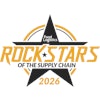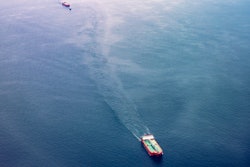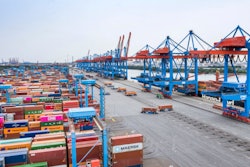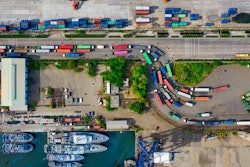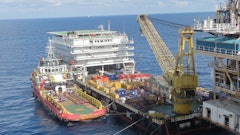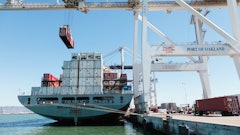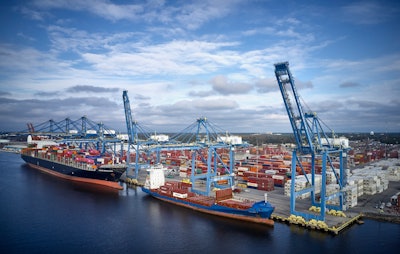
Even during good times, strong ocean carrier relationships are vital in managing supply chain risks, costs and performance. But, they become even more important when disruptions like the Coronavirus (COVID-19) pandemic begin to develop.
The disruptions caused by COVID-19 have forced many businesses across the maritime industry to evaluate how they build and maintain relationships throughout the supply chain.
The importance of good forecasting and frequent and open communication with ocean carriers is key. Carriers make decisions based on bookings and projected cargo volumes, and the more information they have, the better decisions they can make around planning, such as communicating blank sailings if carriers deem them necessary. Good forecasting assists the ocean carriers with the repositioning of equipment, thus ensuring the availability of specialized refrigerated equipment. Throughout these unprecedented times, this is even more important, as a supporting link in the supply chain may be disrupted by the Coronavirus. Normal equipment flows cannot be expected or taken for granted due to rationalized approaches to vessel and ocean carrier fleet management.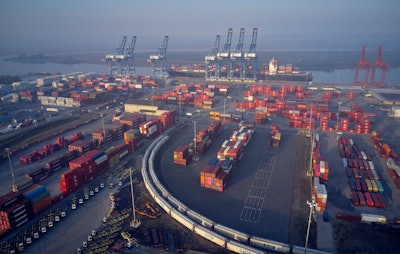 Maintaining active, regular relationships with ocean carriers on an ongoing basis is a best approach and best practice to ensure supply chain performance and integrity.North Carolina Ports
Maintaining active, regular relationships with ocean carriers on an ongoing basis is a best approach and best practice to ensure supply chain performance and integrity.North Carolina Ports
Importers and exporters do not want to wait until disruption clouds gather to develop carrier relationships; by that time it is too late. Solid working relationships with carriers around forecasting and performance should be a normal part of conducting business. Having strong carrier and supply chain partner relationships also allows for better contingency planning and modeling. With the cold food supply chain, the importance of relationships is magnified given the cargo sensitivity, the multiple partners and stakeholders involved and the transportation requirements.
A ports’ perspective
The ability to have those intimate discussions with beneficial cargo owners (BCOs), ocean carriers and truckers regarding planning and visibility is critical, especially during a pandemic. These partnerships allow ports to adapt and support the BCO supply chains as well as their transportation partners in an ever-changing environment.
Great relationships with carriers, cargo owners and their transportation partners have helped North Carolina Ports, for instance, manage through a variety of disruptions, including hurricanes and COVID-19, where schedule and capacity irregularities presented potential challenges for cold chain customers. With proper advanced planning, North Carolina Ports has been able to help customers consider their best options and maximize Wilmington, N.C.’s gateway potential while navigating a dynamic supply chain landscape.
Another key component of maintaining and building relationships is visibility. The importance of technology and connectivity to provide near-real-time visibilities with all parties in the supply chain cannot be understated. This allows for adjustment as needed to ensure communication and delivery are seamless to an end customer. The port is a small part of an overall supply chain, but many times, a port is the missing link regarding increased visibility.
Maintaining active, regular relationships with ocean carriers on an ongoing basis is a best approach and best practice to ensure supply chain performance and integrity. Disruptions will continue to be a part of international trade. Hopefully, recovery from COVID-19 is not far off, but in the meantime, planning for the next disruption and strengthening carrier relationships along the way should be business as usual.


